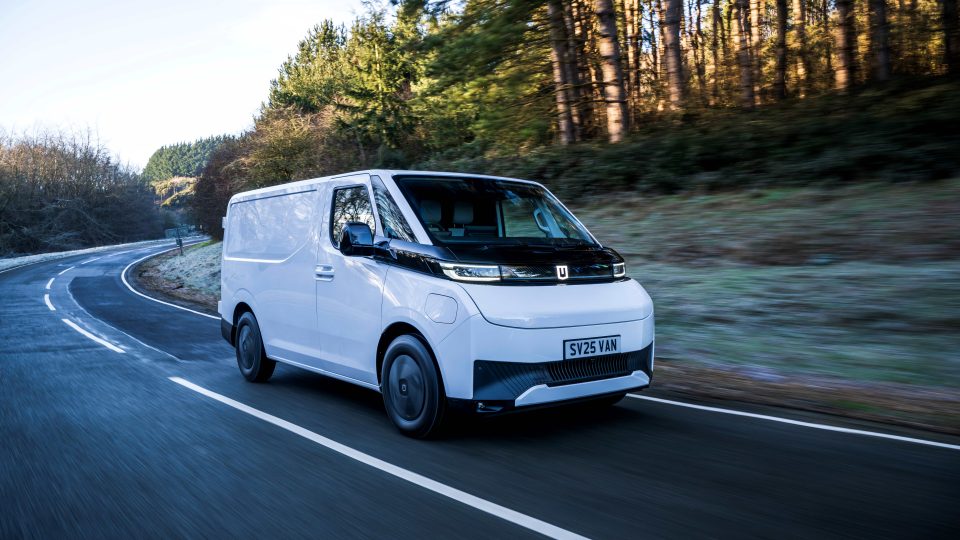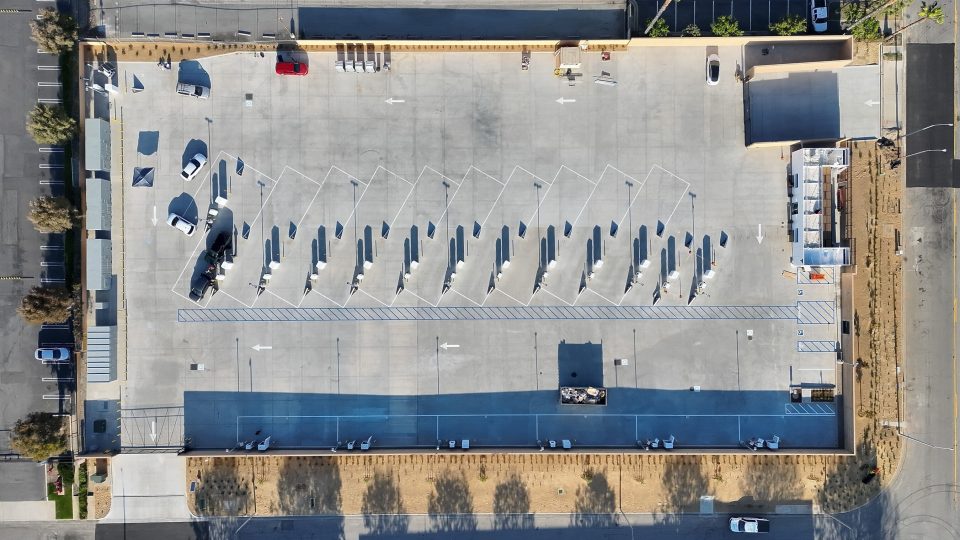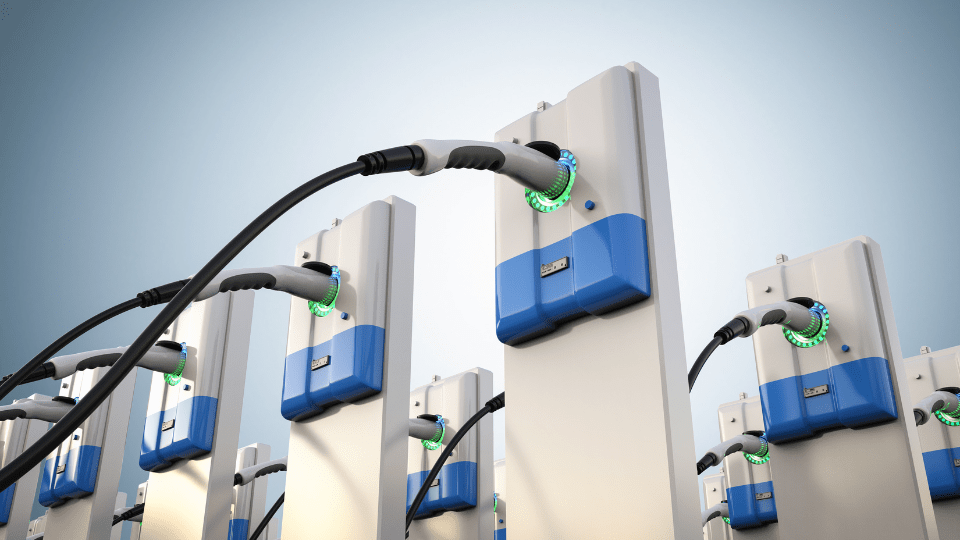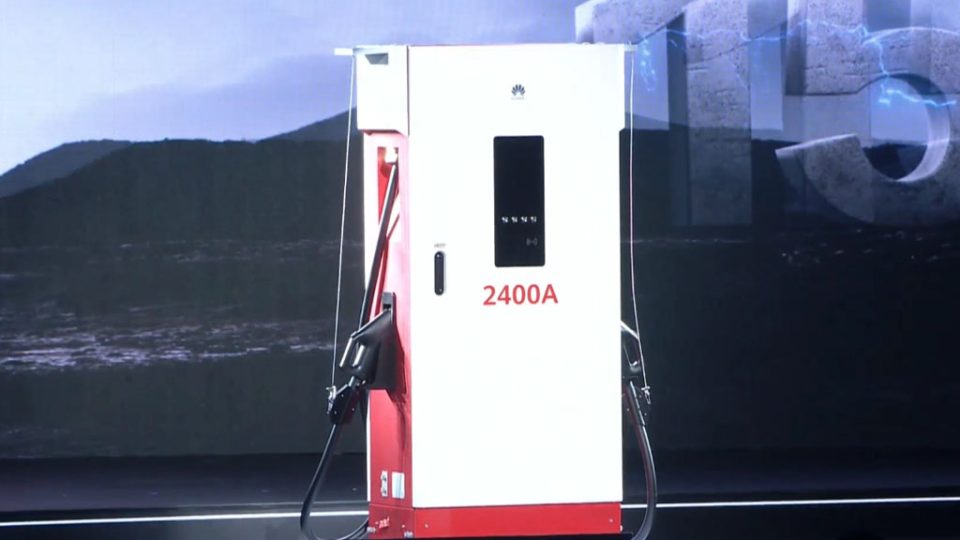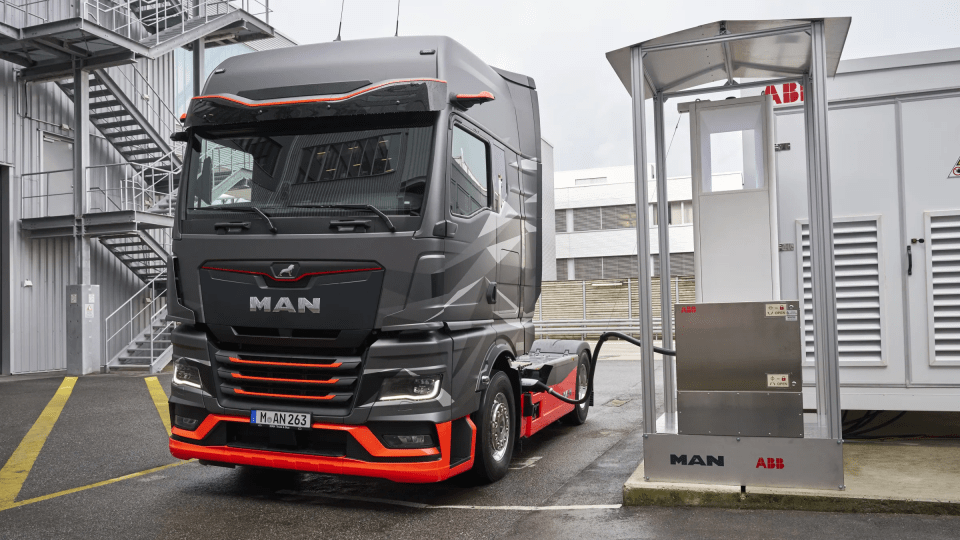Charging large vehicles with no worries over grid limitations: Kempower and Polarium to partner
Polarium Battery Energy Storage Systems (BESS) will be integrated into Kempower’s charging solutions, providing reliable and sustainable power distribution while minimizing peak loads and optimizing energy consumption.
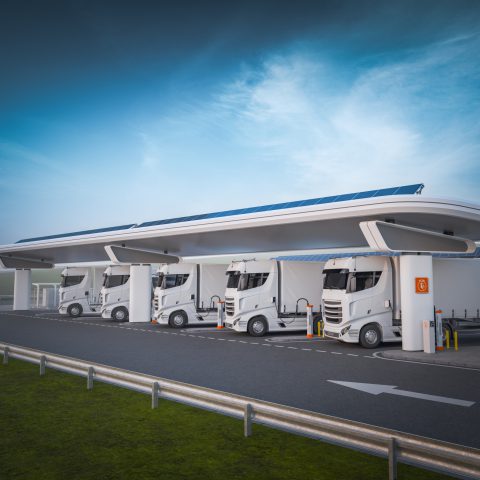
Finnish EV charging systems manufacturer Kempower and energy storage developer Polarium have become partners to launch fast charging station backed with energy storage support. As announced by the two companies, this collaboration aims to address the pressing need for enhanced EV charging capabilities, particularly for larger vehicles, constrained by current grid limitations across Europe.
Thanks to the partnership, Polarium Battery Energy Storage Systems (BESS) will be integrated into Kempower’s charging solutions, providing reliable and sustainable power distribution while minimizing peak loads and optimizing energy consumption.
Kempower and Polarium to find new ways of charging large electric vehicles
Kempower’s chargers will then be empowered to accommodate multiple electric vehicles seamlessly without requiring costly grid upgrades. This ensures faster charging times of more and larger vehicles, such as trucks and public transportation, while maintaining equal power distribution across all units.
“Partnering with Kempower aligns perfectly with Polarium’s mission to unlock endless energy. By merging our expertise in BESS with Kempower’s innovative charging infrastructure, we’re positioned to overcome Europe’s grid limitations. Through this collaboration, we’re integrating cutting-edge energy storage solutions into EV charging infrastructure, ensuring Kempower’s customers receives optimal charging experiences”, said Håkan Tezcanli, Key Account Manager at Polarium.
“No matter the route or distance, power supply is key when making DC fast charging a reality, especially for trucks. With Polarium’s support, we can ensure that our charging infrastructure meets current and future energy demands, supporting the roll-out of EVs as constant connectivity is crucial for everything to run smoothly. In simple terms, without energy storage support, the grids are not strong enough to handle the high-power charging needs”, added Jussi Vanhanen, Chief Market Officer at Kempower.





